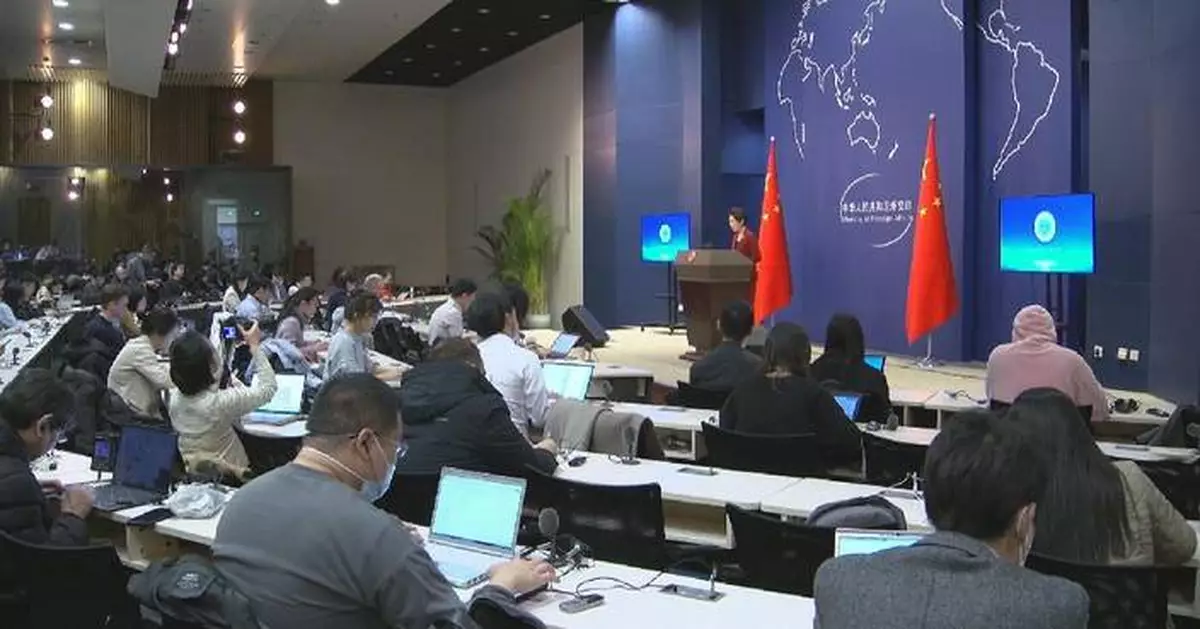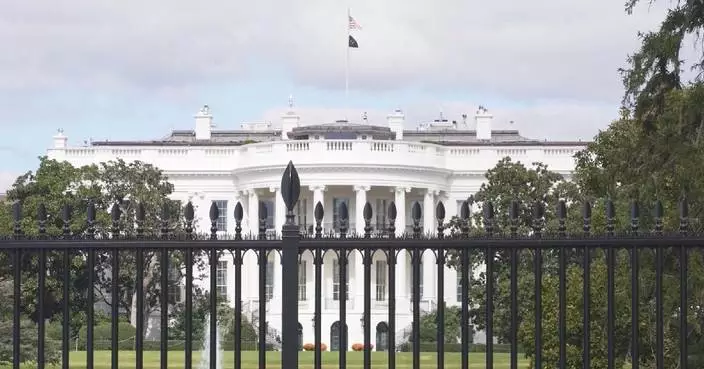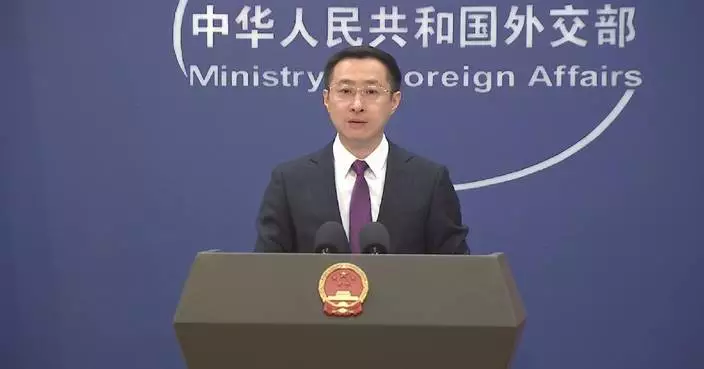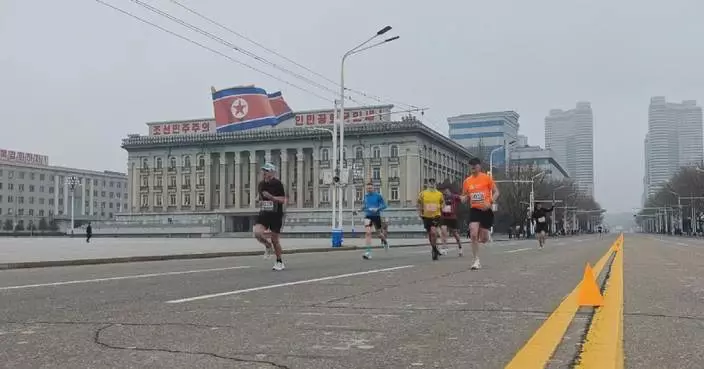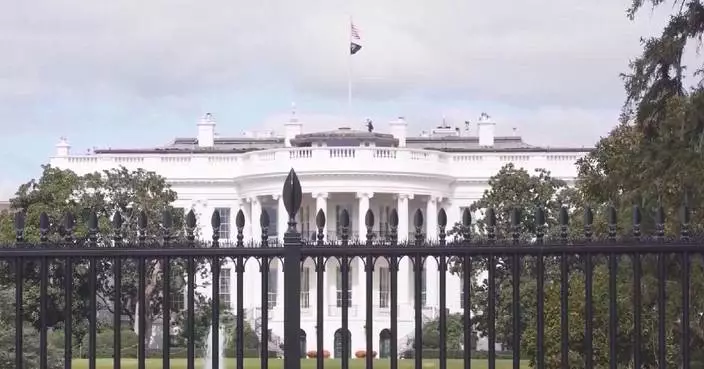China welcomes companies from across the world to invest and run business in the Hong Kong Special Administrative Region (SAR), sharing the dividends brought by the region's development and "one country, two systems", a Foreign Ministry spokeswoman said on Thursday.
Mao Ning, the spokeswoman, made the statement at a press conference in Beijing in response to a question on the achievements of economic and social development made in Hong Kong over the post-pandemic year of 2024.
"In 2024, with the strong support of the central government, the Hong Kong SAR government shouldered great responsibility, forged ahead with a pragmatic spirit, pooled its efforts to seek economic growth and development, and to strengthen external exchanges and cooperation, continuously consolidating the sound momentum of stable development in Hong Kong. Hong Kong was rated as the world's freest economy. Its ranking as an international financial center has risen to the third place globally. The scale of assets under the management of Hong Kong surpassed 4 trillion U.S. dollars. And Hong Kong also handled more than 44 million tourist visits throughout the year, an increase of over 30 percent year on year," Mao said.
"About 170,000 individuals were attracted to work in Hong Kong through various talent schemes. As of the end of last year, the total number of mainland and overseas companies that had settled in Hong Kong was close to 10,000, and nearly 4,700 startups were established in Hong Kong, both of which hit an all-time high. We are fully confident that Hong Kong will achieve even greater development. We welcome enterprises from all over the world to make investment and run business in Hong Kong, sharing the dividends of Hong Kong's development and 'One Country, Two Systems'," said the spokeswoman.
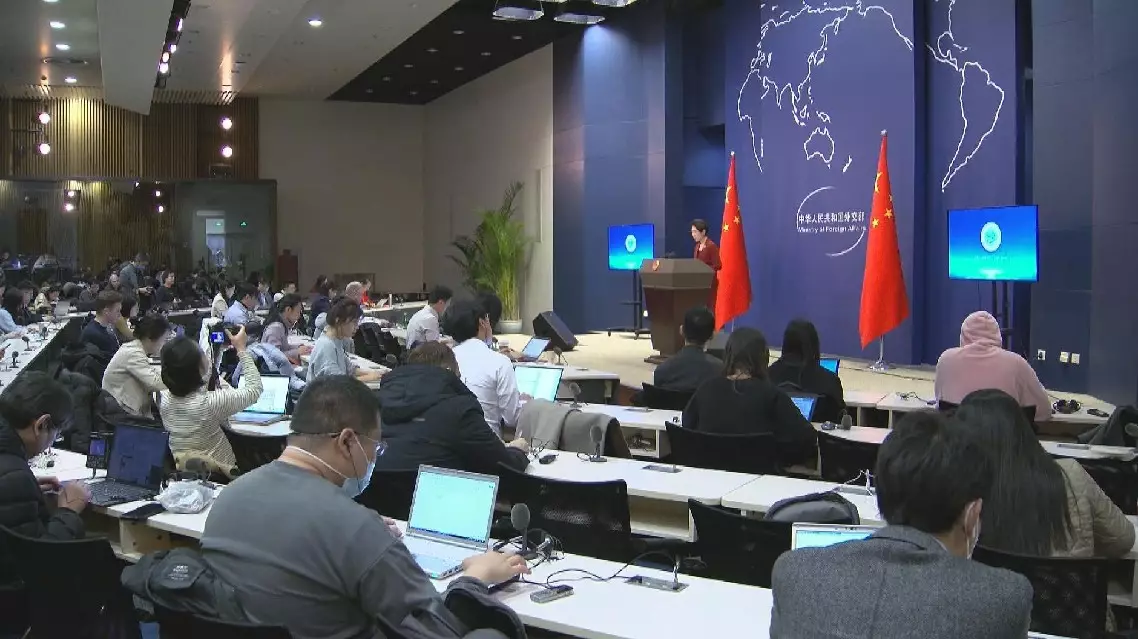
China welcomes global companies to invest, do business in Hong Kong: spokeswoman
Leaders of the China Search and Rescue Team dispatched to Myanmar following a deadly earthquake recalled details of their difficult rescue operations.
The powerful 7.9-magnitude quake, the strongest recorded in the country in a century, rocked the Sagaing Region of Myanmar on March 28, with the epicenter close to Mandalay, the country's second-largest city.
As of April 2, the China Search and Rescue Team had successfully participated in the rescue of five survivors since arriving in the earthquake-stricken area in Myanmar. Chinese rescue forces as a whole had rescued a total of nine survivors.
Zhao Ming, head of the Chinese national rescue team, said in an interview with China Media Group that the high temperature increased the difficulty of rescue. Fortunately, the rescue team received support from the local people.
"We brought along some necessary medicines and equipment, and actively sought solutions locally. I think our actions inspired the local people, who spontaneously sent us some drinks and many electric fans. Of course, we also took strict measures on the rescue scene. The smell of decay was very strong at the earthquake site, so we asked our operation teams to conduct disinfection before leaving the site and after returning," Zhao said.
On March 31, the China Search and Rescue Team pulled out four survivors - three adult females and a girl - after 13 hours of hard work in Myanmar's seriously-hit Mandalay City.
At 00:40 March 31 local time, an adult female trapped for nearly 60 hours was rescued after over five hours of relentless work, marking the first survivor rescued by the team in the city.
Without pausing for rest, the rescuers immediately moved to another nearby site at the Sky Villa apartment complex.
Recalling details of the rescue mission, Li Guangnai, deputy leader of the China Search and Rescue Team, said that effective search and rescue methods improved efficiency at the dangerous and complicated structure.
"When we rescued the second and third survivors, they were in Block C of the apartment, which collapsed like a pancake. After arriving at the scene, the rescuers went to the roof according to the direction given by the survivors' family members. When we used the radar life detector on the roof, we did not find them. So we created absolute silence by suspending all rescue operations and then knocked on the floor with stones to transmit the sound to see if there was any response from the trapped people. We knocked continuously and received a response from inside. Through the sound, we quickly confirmed the approximate location. According to the evaluation of the experts on the scene, we used a method of top-to-bottom demolition for the rescue," Li said.
At 05:37 on the day, a 5-year-old girl who was buried in Block C of Sky Villa was rescued. Li said the girl was curled up in fear in the corner of the wardrobe when being found, protecting her head with a teddy bear.
About an hour later, a woman who was buried in the same rubble was successfully rescued. She was 26 weeks pregnant. At around 07:15, a 29-year-old woman trapped in Block A of Sky Villa was pulled out of the debris. She was trapped under the broken beam on the sixth floor for 65 hours.
Another survivor was miraculously pulled out alive from beneath the rubble of a collapsed hotel in central Myanmar's disaster-hit Mandalay City on April 2. The male survivor was said to be in a stable condition after spending nearly 125 hours buried among the ruins of the Golden Country Hotel building.
Zhao said that after the 72-hour "golden window" for rescue, the China Search and Rescue Team would begin to cooperate with local authorities to carry out diagnosis and treatment of the injured and disaster assessment.
"As the possibility of finding survivors in the disaster area decreases, our team can assist the local area in some other work. For example, today we officially set up an outpatient clinic on the street with the permission of the local government. Our earthquake engineering experts can conduct emergency assessments on some buildings," he said.
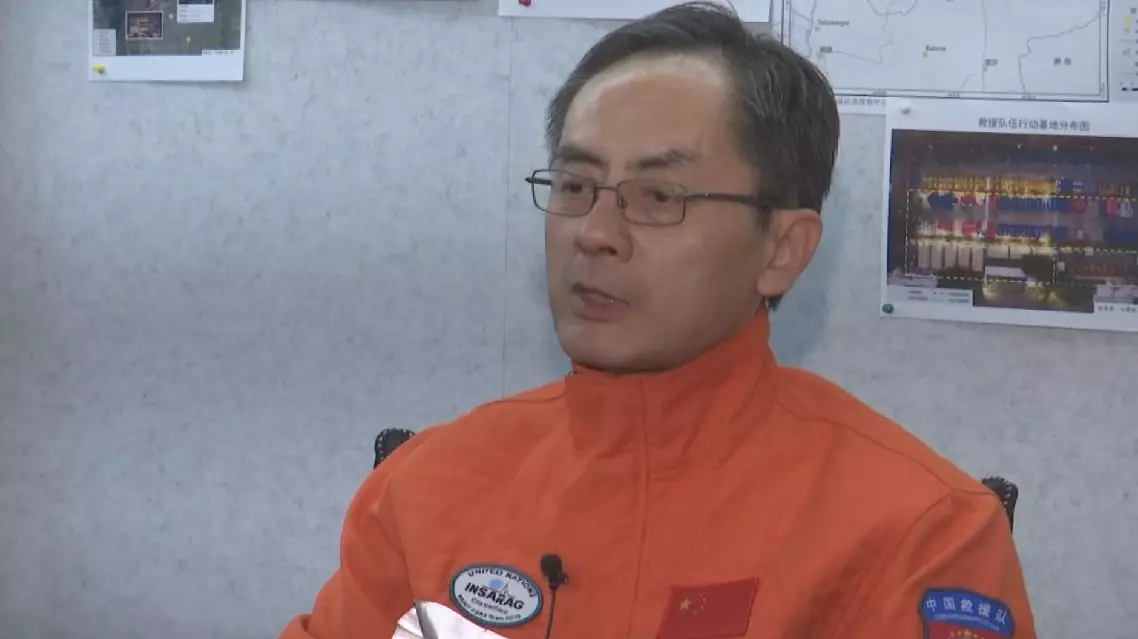
Chinese rescue team recalls details in Myanmar earthquake rescue missions



